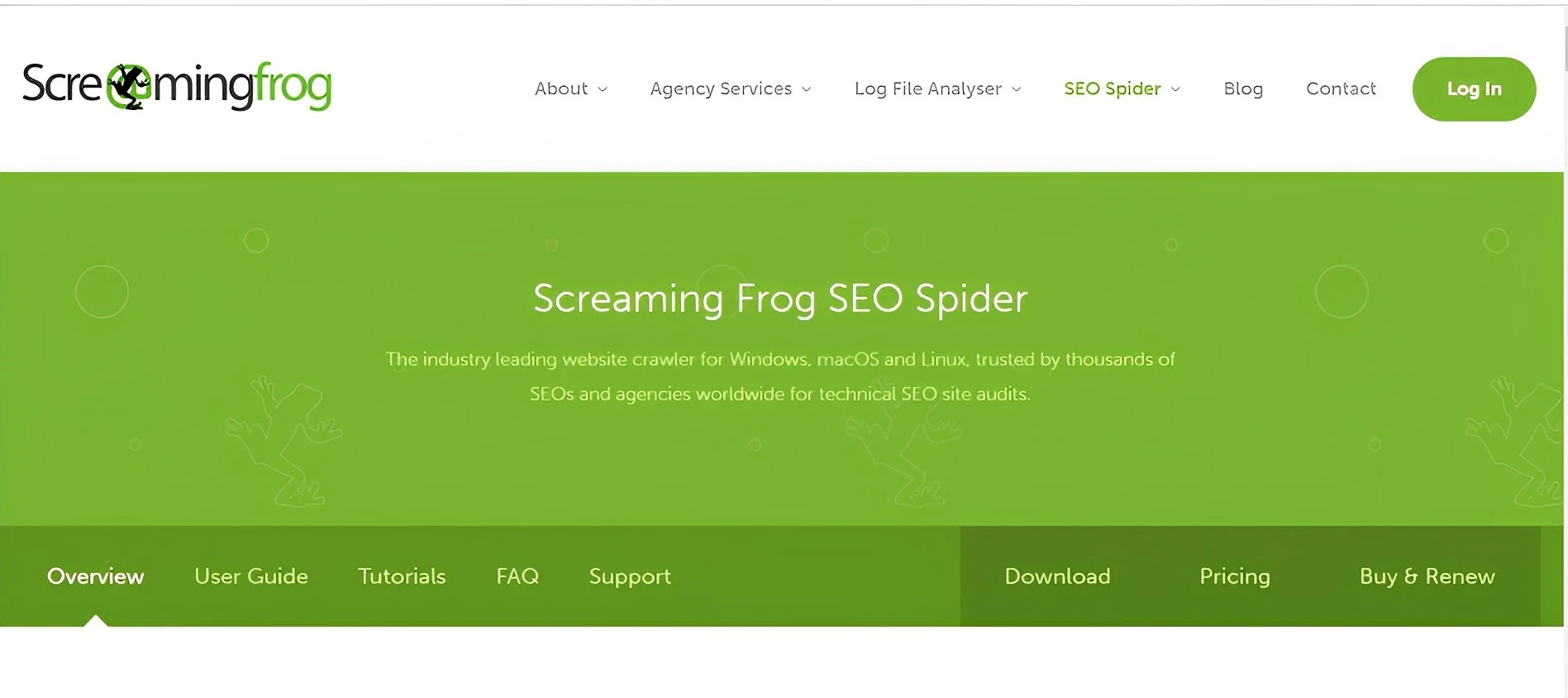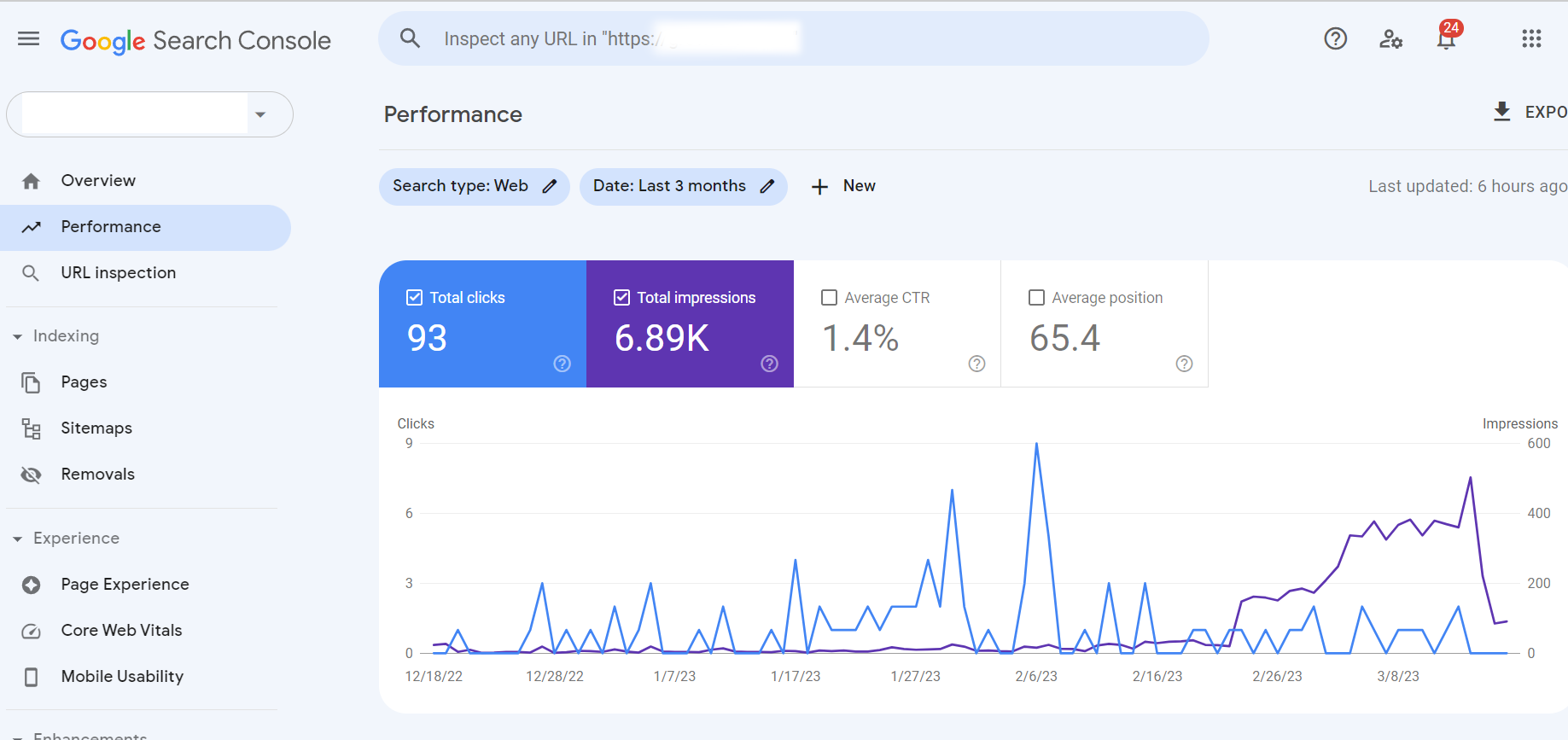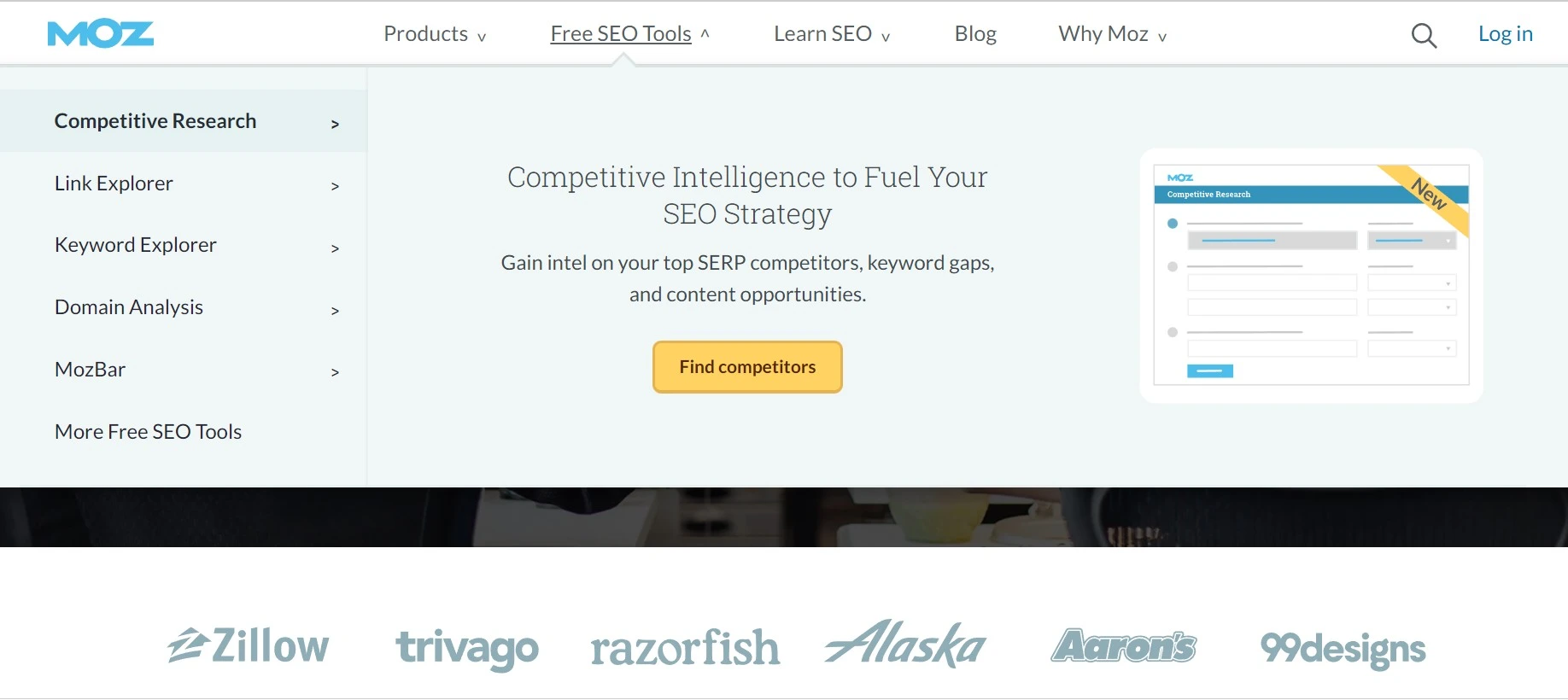The basics of SEO & eCommerce websites
There’s no denying it – SEO is important for eCommerce.
But what does that mean, exactly? And how can you make sure your website is doing everything possible to rank higher on search engine results pages?
Do you know?
SEO is improving the ranking of a website on search engines. It is an important factor for e-commerce businesses because a higher order means more potential customers will find the company.
Any e-commerce website owner worth their salt knows that SEO is important. There are many things that an eCommerce website owner should know.
SEO involves everything from choosing the right keywords to structuring the site so that search engines can easily index it.
And why is this important for e-commerce websites? Because the better the SEO, the higher the ranking on search engine results from pages, and the more traffic the site will get.
Of course, traffic is only half the battle. The other half is conversion, which is where SEO comes in again.
You can use many techniques to improve SEO, and this blog post will outline some of them. With these guidelines, e-commerce businesses can increase their web traffic and boost their sales.
SEO Factors That Affect Your Website's Ranking
In a world where online shoppers can buy anything they want with the click of a button, it’s more important than ever for eCommerce businesses to ensure their websites rank high on search engine results pages (SERPs).
After all, if potential customers can’t find your website, they will not buy anything from you.
While the algorithm used by Google and other search engines is a closely guarded secret, we know that several key components play a role in how your site ranks.
So, what’s the key to improving your website’s SEO rankings?
Many factors influence your website’s ranking in search engine results pages (SERPs).

- Domain
Any seasoned internet user knows that domain names are important. After all, they are the addresses that we use to find websites.
But did you know that the age of a domain name can also be important?
That’s right – when it comes to domains, age matters.
Search engines tend to give more weight to older domains, and domains with longer registration lengths are also often favored.
This is because these factors can indicate a domain’s stability and repute. So, if you’re looking for a domain that will help your website rank well in search results, consider its age and registration length.
And don’t forget to check its history too – a domain with a clean chronology is often more valued than one with a checkered past. - Keywords Used in the Site
A website’s heading tags, descriptions, and keywords are important elements that help the site to rank high on search engine results pages (SERPs).
The right keywords will help potential customers to find the site more easily, and you can also mobilize them to generate more clicks and traffic.
It is important to consider what potential customers are likely to search for and what other websites are using to choose the right keywords.
Once a list of potential keywords has been generated, it is important to use them wisely. Overusing keywords, especially in the heading tags, can result in penalties from search engines. The best approach is to use a variation of keywords throughout the site to sound natural and easy to read.
With a little thought and planning, the right keywords can help a website achieve its full potential. - Quality Content
Content is essential to the success of any website. It keeps visitors coming back for more, and it helps to convert casual readers into loyal customers.
However, not all content is created equal. Content must be well-written, relevant, and engaging to be truly effective. It should also be properly formatted and easy to navigate. Additionally, you should update content regularly to keep it fresh and relevant.
Finally, content should be syndicated across multiple channels to reach the widest possible audience. Website owners should ensure that their content is top-notch. Top-notch content finds its way to a good rank in the search engine with an SEO strategy. - Mobile-friendliness
In today’s fast-paced, constantly connected world is more important than ever for businesses to have a mobile-friendly website.
Users are using their smartphones and tablets to access the Internet more and more, and if your website isn’t designed for mobile users, you could be missing out on a lot of potential business. Google’s Mobile-Friendly Update was designed to penalize sites that aren’t mobile-friendly.
And since its rollout in April 2015, mobile friendliness has become an even more important ranking factor. In addition to being mobile-friendly, your website should also be easy to use on a small screen, with large buttons and text that can be easily read. Page speed is also critical for a good mobile experience.
It’s unlikely for users to wait more than a few seconds for a page to load, so you need to make sure your site is as speedy as possible. By keeping these factors in mind, you can ensure that your website is ready for the ever-growing number of mobile users. - Internal Links
As an e-commerce site owner, you’re probably always looking for ways to improve your website’s ranking in search engines. And while several different factors can influence your ranking, one of the most important is internal link.
Internal links are hyperlinks that connect to other pages on your website. They guide search engines to crawl your site and understand the relationships between your pages. And they can also help to boost your website’s ranking for certain keywords.
You should be careful when using internal links. First, make sure that the links are relevant to the content on the page. Second, use keyword-rich anchor text to help improve your website’s ranking for those keywords.
And finally, don’t overdo it – too many internal links can hurt your website’s ranking.
If used correctly, internal linking can be a powerful tool for improving your website’s search engine ranking.
So, make sure to use it wisely! - External Links
When it comes to ranking in search engine results pages (SERPs), e-commerce site owners need all the help they can get. One important factor impacting e-commerce ranking is the number and quality of external links pointing to the site.
Unfortunately, building up a strong link profile is not always easy. You always need to try to make high-quality external links, no matter what happens. You can increase the number of high-quality external links pointing to your e-commerce site, which can, in turn, lead to improved SERP rankings. - Search Engine Algorithm
Google’s algorithms are constantly evolving, and the company regularly makes major changes to how it ranks search results. Google’s Hummingbird is just one example of the complex code that determines what results show up when you write something into the search bar. And while we don’t exactly know everything that goes into Hummingbird, we see that it considers things like context and user intent.
That means that if you’re searching for something specific, like “how to tie a tie,” you’re more likely to see results tailored to your query. And if you’re just looking for general information on a topic, like “wedding dresses,” you’ll see a mix of results that includes articles, images, and product listings.
Google has brought some major changes to its algorithm in recent years, including introducing the “Google Dance.” This change was a major change that affected how results were ranked and sorted. And while it caused some turmoil in the SEO world, it ultimately resulted in better-quality search results.
Google Sandbox is a feature that prevents new sites from ranking for certain terms until they’ve established themselves. More recently, Google has implemented a “sandbox” for e-commerce sites. It is designed to prevent these sites from taking advantage of the algorithm by using manipulative tactics for gaming the system.
These are just a few of how Google is constantly changing the landscape of search. As a result, businesses need to be prepared to adapt their SEO strategies on an ongoing basis.
How to Boost Search Traffic to Your E-commerce Site?
There’s no question that e-commerce is a competitive landscape.
It’s essential to have an optimized site visible to potential customers and drives traffic.
Here are some tips for achieving better visibility and higher traffic for your eCommerce site:
- Use keyword-rich titles and descriptions. It will help your site show up on search engine results pages (SERPs) when people search for products or services like yours.
- Make sure your site is mobile-friendly. Users are using their smartphones and other mobile devices to shop online, so it’s important to make sure your site is accessible and easy to use on these devices.
- Use social media to drive traffic to your site. Promote your products and services on social media platforms like Facebook, Twitter, and Instagram to reach a wider audience.
- Invest in paid advertising. While organic traffic is important, you can also get a boost from paid ads on search engines and social media sites.
This way, you can upgrade your eCommerce site for better visibility and higher traffic.
Tools to Help You Improve Your E-commerce Site
If you want your e-commerce site to rank well on search engines, you need to pay attention to your SEO efforts.
Fortunately, several tools and resources can help you improve your SEO and get ahead of the competition.
A few of the tools are explained below:
- Screaming Frog
 Screaming Frog is a tool that helps you audit your site’s SEO and identify any issues that need to be fixed. It’s quick, easy to use, and best of all, it’s free! Just enter your URL and let the tool do its job.
Screaming Frog is a tool that helps you audit your site’s SEO and identify any issues that need to be fixed. It’s quick, easy to use, and best of all, it’s free! Just enter your URL and let the tool do its job.Screaming Frog will crawl through your site and identify any problems that need to be fixed, such as broken links, missing titles, and duplicate content. Once you’ve identified the issues, simply fix them, and your site will be well on its way to better search engine rankings.
- Ubersuggest

UberSuggest is a free tool that submits your site to over 150 directories. It will help to increase your link popularity, which is a key factor in getting higher search engine rankings.In addition, UberSuggest will also submit your sitemap to Google, Yahoo, and Bing. It will help them index your pages more quickly and ensure that your site appears in the search results for relevant keywords.
While there is no guarantee using UberSuggest will result in immediate traffic increases, it is a valuable tool to have in your arsenal.
- SEMrush

SEMrush is a powerful online marketing tool, from SEO and PPC to social media and video advertising research. It provides insights and trends in the ever-changing world of digital marketing. It’s an essential tool for any e-commerce site looking to stay ahead of the competition.It uses a variety of data sources to provide insights into the competitive landscape. It includes information on paid and organic search and social media and displays advertising. It also provides data on click-through rates, cost-per-click, and other key metrics.
Is this tool free? No, SEMrush is a paid subscription service.
However, there is a 7-day free trial available, so you can try it before buying. After the trial period, plans start at $99.95 per month. For e-commerce sites looking for the comprehensive suite of tools that SEMrush offers, it is well worth the price tag.
- Google Search Console

Google Search Console enables e-commerce site owners to monitor their site’s performance in Google search results, understand and resolve potential issues, and optimize their visibility.It provides valuable insights into how Google views your site, including information on clicks, impressions, and position in the search results. It also allows you to submit your sitemap to Google, test individual pages for mobile-friendliness, and view a history of your site’s performance in the search results.
Best of all, Google Search Console is free to use. If you have just started with eCommerce or are a seasoned pro, Google Search Console is a tool for anyone to increase their visibility in search results.
- Moz Pro

Moz Pro provides a suite of digital marketing tools to help businesses grow their online presence. Some features of this tool are keyword research, link building, and site auditing. It is a paid service, but it offers a free trial so that users can try out the platform before subscribing to the service.Overall, Moz Pro is an effective tool for e-commerce businesses looking to improve their online visibility and sales.
Final thoughts
When it comes to eCommerce, SEO is essential.
It’s the difference between appearing on the first page of search results and being buried deep in the back pages. And we all know that people rarely go beyond the first page when looking for something online.
That’s why eCommerce SEO is so important – it helps potential customers find your site easily and quickly.
So, if you’re not already using SEO to help boost your eCommerce site, what are you waiting for?
You should start it today.
You can always talk to Growfore Solution if you don’t know how and where to start with this e-commerce SEO.
Let’s have a tea conversation, and it’s where the great journey starts.



